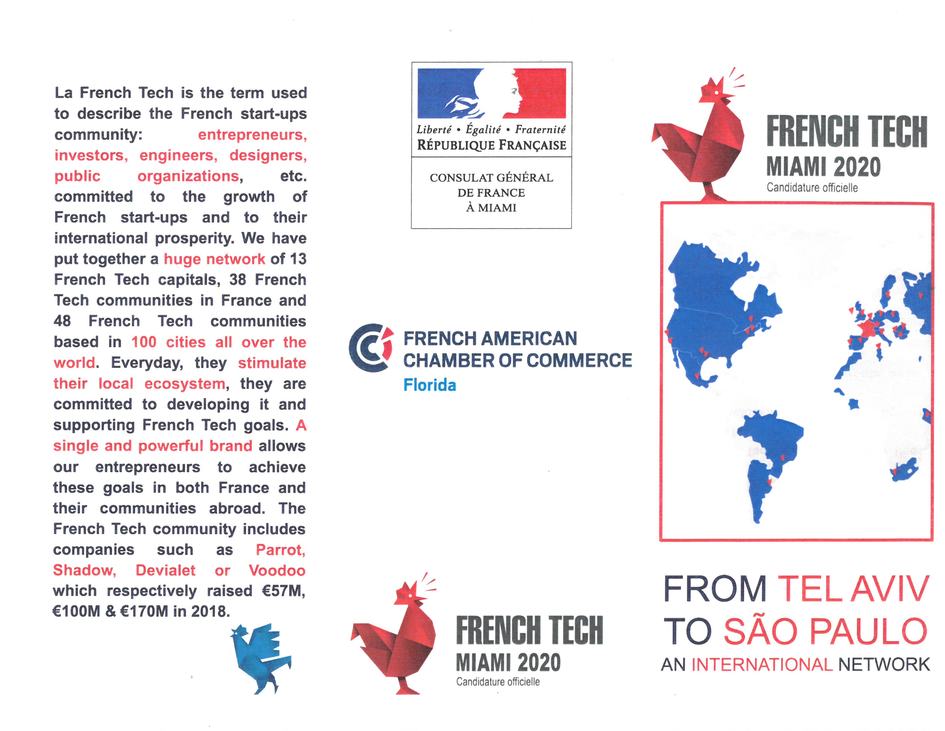

and Western Europe reveals important differences that help explain why there has been a steady, and now meteoric, growth in homeschooling (which I predicted could happen). The divergence of policy on homeschooling between the U.S.
#Thrive meaning in french registration#
For example, in the United Kingdom, where homeschooling has a tradition of being the most freely accessible in Europe, “conservative” political figures such as MP Robert Halfon - who leads the Education Select Committee in the House of Commons - is seeking to impose a national registration requirement on homeschoolers. The homeschooling battle in France shows how some Western European democracies employ more statist approaches to regulating society and dismiss fundamental freedoms or distrust their fellow citizens. Homeschooling should be viewed as one of the most precious parental freedoms deserving of judicial protection from a tenuous political majority in the French (or any other elected) National Assembly. Parents, not the state, are the first decision-makers regarding how children are educated.

No parent should have to defend, explain, or seek permission to exercise a fundamental right. At a time when schools are closed, parents need more options rather than more restrictions.Īlthough not completely outlawed, homeschooling will require French parents to jump through more hoops and seek permission from local authorities. The French government’s new law makes homeschooling less available to those who need it most. Though homeschooling has been legal since 1882, French national lawmakers have increased restrictions on France’s homeschooling minority in recent years.


 0 kommentar(er)
0 kommentar(er)
